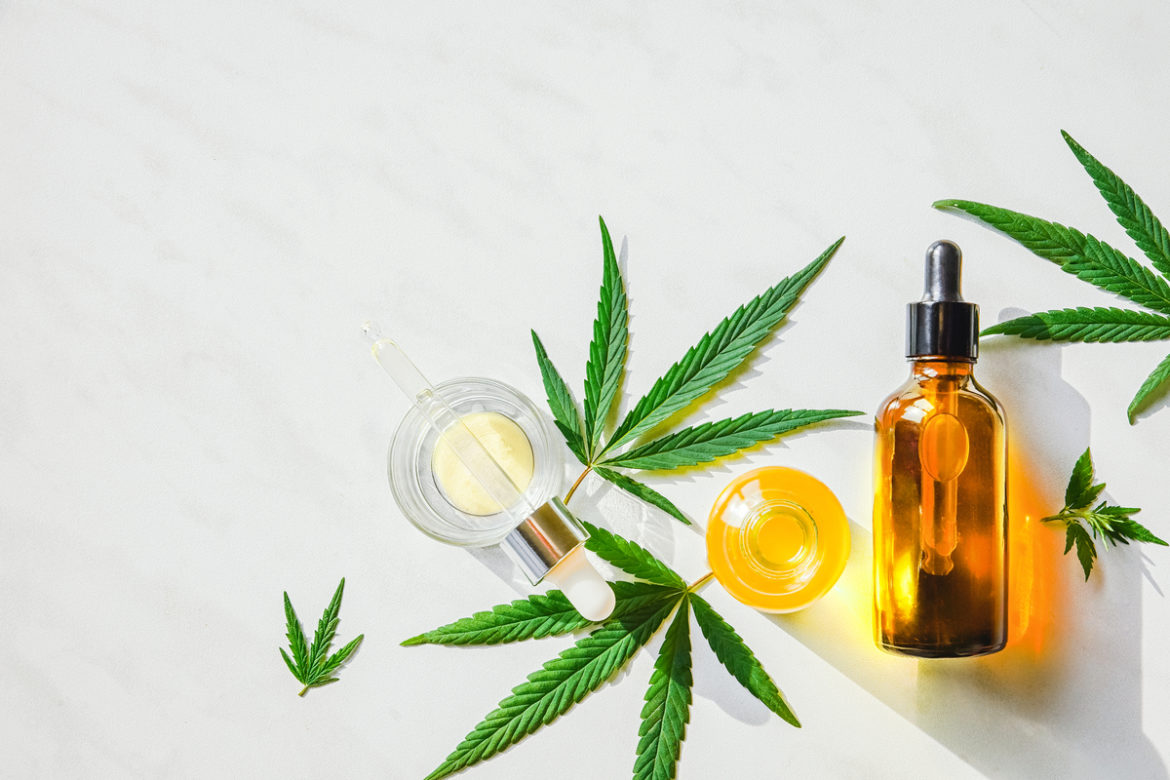Over the last few years, many people have been seeking to expand their growing agricultural opportunities. With row crop prices coming down, agronomists need to make their bottom line better. Since the Farm Bill’s passage in 2018, several growers have turned to the industrial hemp industry for value for money.
Growing industrial hemp is easier said than done. The process has its baggage as farmers should act according to certain rules, like, for instance, ensuring that the plants they grow to distribute contains only up to 0.3% tetrahydrocannabinol. Initially, marijuana and industrial hemp were in the same classification that regarded both as controlled substances. Anyhow, after the enactment of the aforesaid act, things have become better for the industry. Industrial hemp has long been regarded as an agricultural product.
That may appear to be amazing news to all existing and prospective hemp growers, but some challenges accompany the opportunity. Shared below is a small list of the difficulties they confront.
Insurance
Before taking this further, you should familiarize yourself with some of the legal elements involved. Agriculturalists cannot start to grow hemp at any time they want, as they should arrange their insurance before it. As compared to standard crops, usually, farmers would not need to seek permission. Anyhow, the Agriculture Department has issued legislation that is implemented to confirm that farmers grow CBD hemp instead of marijuana. Why? Because the federal government has authorized a cannabidiol- or THC-related standard. Getting insured could help agriculturalists in case a natural calamity occurs, but they need not pay fourfold more insurance amounts than they would not have done to grow another herb.
Green Rush
The action of making weed and industrial hemp legal has contributed to a taxation upsurge. In 2020, the US states with legalized weed made more than $2.5 billion as taxes alone. That serves as a revenue source for the US states, but some unhappy farmers should pay it out of pocket. Several farmers think that they need not pay their taxes, that too as large amounts, on hemp if it has been made legal. The taxes may be lower for hemp as compared to those for marijuana, but several farmers are not happy. They should pay the amounts on the plant that might be used to create clothes or in food and is not even developed for cannabidiol purposes.
Improper Infrastructure
The government made hemp legal at a federal level some years before, but no proper infrastructure is still not established to process its derivatives. Unfortunately, many growers have entered the industrial hemp industry without carefully considering the possible effects of doing so. Some growers have put money into lots of acres, whereas others have started small. The issue is not about to what extent they are creating, but it has to do with what they would do when it is ready.
Several producers have also forayed into the industrial hemp industry headfirst, without pre-signed or pre-decided agreements, or even suppliers to get bulk merchandise from them once it is ready. It takes around 90 days to plant to harvest, meaning farmers should determine what to do with their hemp produce in three months. Further, there is no ability to scale up for processing. It implies that there are only some parties to process hemp-based end products, even as the to-be-managed supply is large.
Regulatory measures
The state governments have administered some laws and regulations for the industry to follow. Therefore, the United States Department of Agriculture checks up on every hemp grower to confirm that they are doing everything strictly within the law. The rules passed three years ago should be assessed on a biennial basis, and then there would be any required adjustments or changes. The assessments entail looking into the land at which farmers grow hemp, tetrahydrocannabinol levels, laboratory tests, and other factors.
Several farmers usually regard that as a headache. As legal hemp growers, they believe that the government should not impose restrictions identical to what marijuana farmers have as well as the standards that the latter follow. Hemp is different, so there should be different assessment measures in place for this industry. With the stringent rules in place, many individuals usually do not feel like wanting to expand. Even some oversight is likely to bring a few criminal charges against those people.
Building Connections
Much uncertainty accompanies the industrial hemp industry because it is still a rather new industry. The topic may be hyped up, but those who want to enter the industry should be able to make wise decisions. It appears that a new hemp organization becomes bankrupt even as some new companies pop up because the market has its fair share of uncertainties. To make your mark in this industry or survive in it, you must not only generate the right business contacts but also socialize with them to an extent.
It tends to be challenging to build relationships with industry people because many of them continually quit old jobs, take on new ones, and start their own ventures. Finding a reliable hemp source as well as building a relationship with them, instead of their organization, are important.
Do you feel that you have the qualities required to start a business in this industry? If yes, we would recommend giving it a try at the very least. Would it be your first time putting money into that business? If yes, you might not have any knowledge of even the industry to which it would belong. Therefore, be sure of doing much research before investing thousands of dollars in it, because it would be a good idea.
